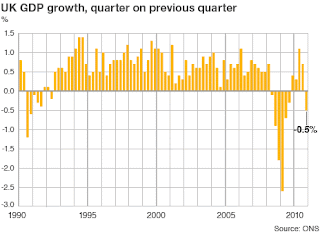- Wednesday 2 February (Library - laptops and internet access)
- Thursday 3 February (Room 2 - laptops but no internet access)
- Tuesday 8 February (Room 45 - computers and internet access)
- Presentation and report on Wednesday 9 February
Team Leaders
- Seneca (Michael and Mickiel)
- Oil Based Lubricants (Fraser & Hal)
- The Divers (Hussam & Andrew)
- Discovery (Vahaab & Douglas)
- TurmOil (Tom & Hugh)
Team leaders and assistants responsible for ensuring presentation is ready for deadline day and final report allocated.
Some good links
OPEC and the world oil industry
Crude oil's rollercoaster prices
Questions & Answers - Volatile Oil Prices
Oil supply cannot match demand
China's oil demand increase "astonishing"
